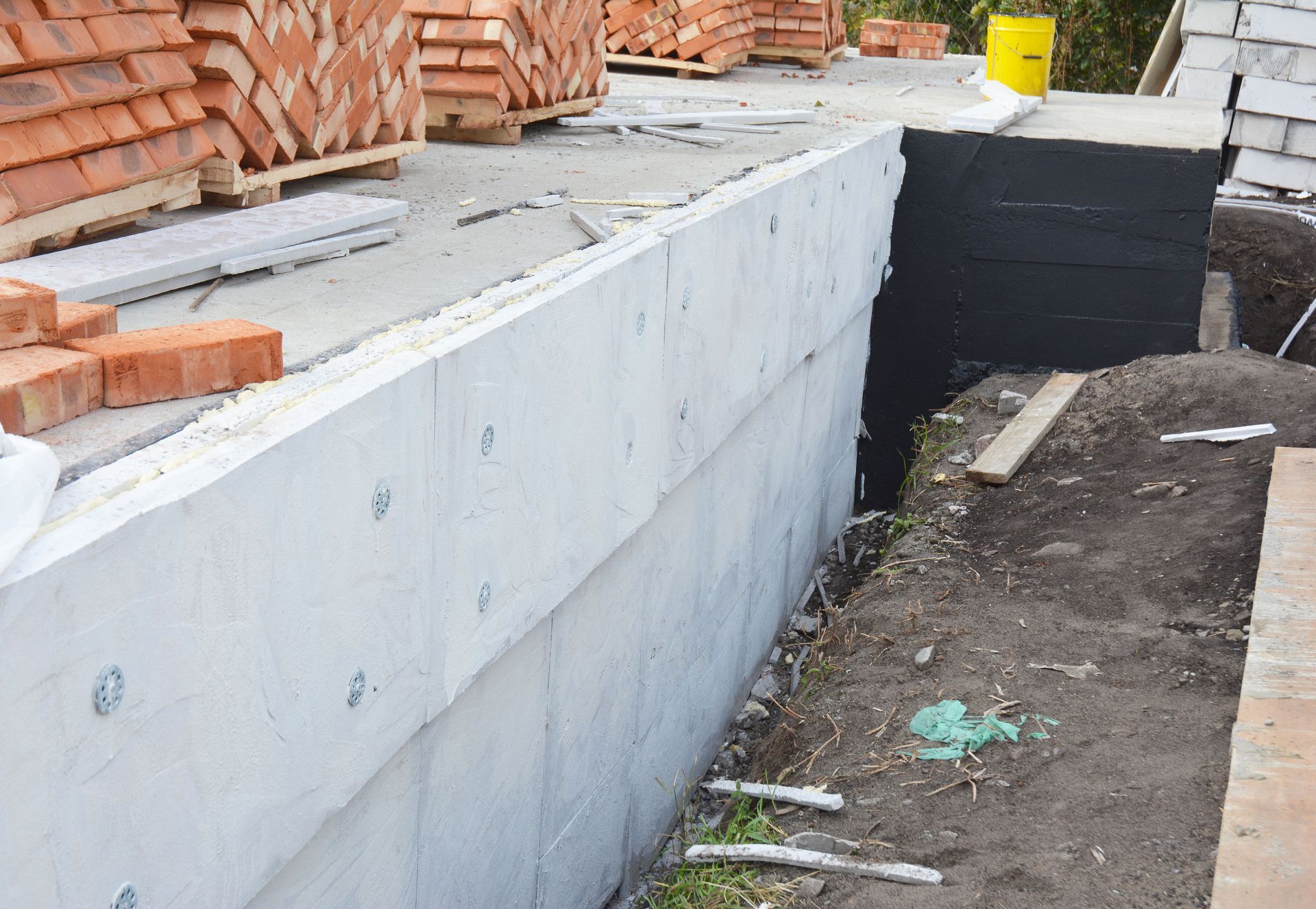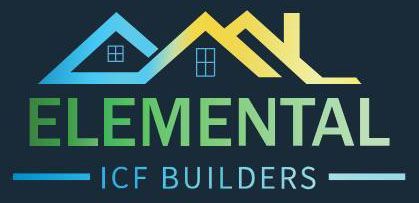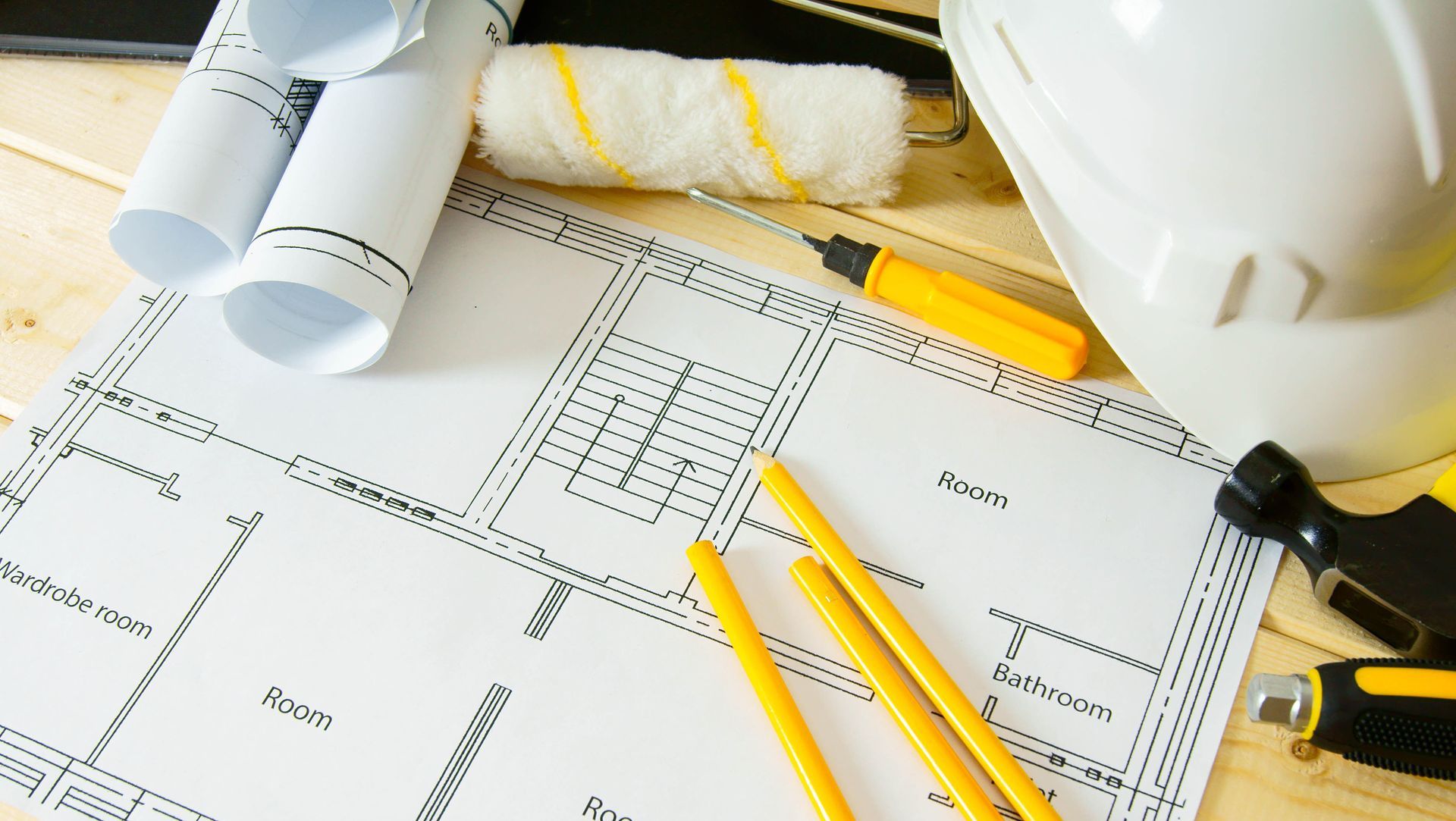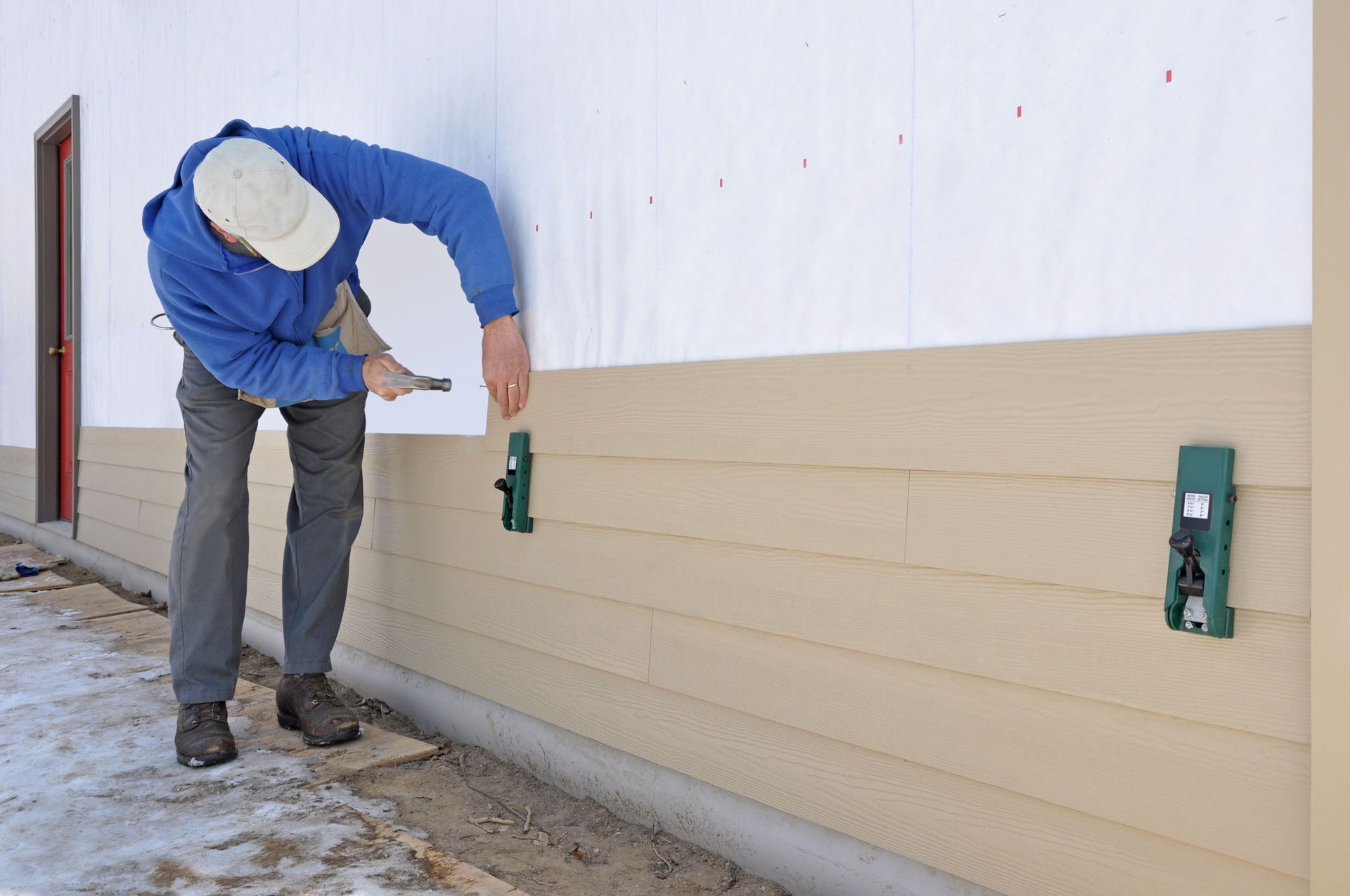Reasons Expert ICF Construction Revolutionizes Your Home
Explore how Insulated Concrete Form (ICF) construction is transforming residential architecture. This article delves into the multifaceted benefits that ICF technology offers homeowners, from increased energy efficiency to enhanced structural integrity.
Enhanced Energy Efficiency
The rise of Insulated Concrete Form (ICF) construction is largely due to its exceptional energy efficiency. The thermal insulation properties of ICFs are significantly superior to those of traditional building materials. ICFs incorporate a polystyrene foam that sandwiches a reinforced concrete wall, providing remarkable insulation and reducing energy loss. This characteristic is critical for homeowners looking to minimize heating and cooling costs, resulting in more sustainable and economical household management. According to Grand View Research, the North America insulated concrete form market dominated the global market and accounted for the largest revenue share of about 36.6% in 2024, driven by the rising demand for energy-efficient and sustainable construction materials.
Comparing ICFs to traditional construction methods reveals significant benefits in energy savings. Traditional wood-framed houses are prone to gaps and thermal bridges, allowing heat to pass through unhindered. ICFs, on the other hand, create a solid wall without these common weak points, maintaining a stable internal temperature.
Improved Structural Integrity
When it comes to durability, ICF construction sets a new standard in residential building practices. These forms are engineered to withstand severe natural disasters, making them particularly resilient in regions prone to earthquakes, hurricanes, and tornadoes. The strength of reinforced concrete, coupled with ICF’s design, ensures structures are safeguarded against a wide range of environmental calamities. Consequently, homes built with ICF maintain their value and stand the test of time even in the face of adverse weather conditions. This aspect of resilience attracts homeowners seeking security and peace of mind.
Longevity and material strength are core components of ICF construction that significantly enhance its appeal. The materials employed resist cracking and deterioration commonly seen in conventional buildings, such as wood or steel frame houses. ICFs prevent common issues like warping, corrosion, and decay that typically compromise building integrity. This results in reduced maintenance needs and less frequent repairs, offering an obvious advantage in terms of both time and financial savings. Through these qualities, ICF homes exemplify structural reliability and long-lasting strength.
Furthermore, ICFs provide exceptional resistance to pests and mold. Traditional homes are often vulnerable to insects, rodents, and fungal growth due to their wood-based structures and poorly sealed interiors. ICF construction minimizes these risks due to its airtight form and the use of inorganic materials, which do not offer food sources or habitats for pests. This fortitude means healthier living environments with reduced risk of allergens and infestations. Maintenance and repair concerns are consequently diminished, further contributing to the appeal of ICFs for modern consumers looking for low upkeep houses.
Enhanced Living Comfort
The living comfort provided by ICF constructions vastly surpasses that of many traditional homes. One key feature is the exceptional soundproofing capabilities of ICF walls, which significantly reduce external noise pollution. This quiet environment is particularly valuable for homeowners in noisy urban areas or for those with busy households. The dense, insulated walls absorb and deflect sound, creating a tranquil and serene living space. Moreover, the soundproofing advantage enhances privacy within the home, an important aspect for many residents.
ICF homes also offer regulated indoor humidity levels, crucial for maintaining a comfortable and healthy indoor environment. The construction method naturally manages moisture levels, limiting the risks associated with high or low humidity, such as condensation, mold, and respiratory issues. Consistent indoor temperatures are maintained, an integral factor in achieving superior living comfort. With reduced reliance on HVAC systems, homeowners also experience lower energy consumption, resulting in cost savings and environmental benefits. These attributes showcase a balance of comfort and sustainability, appealing to forward-thinking homeowners.
Architectural flexibility and design are additional benefits of ICF construction that contribute to enhanced living comfort. Unlike traditional building materials, ICFs can be easily modified to accommodate various architectural styles and complex designs without sacrificing structural integrity. This adaptability offers homeowners the opportunity to personalize and customize their living spaces to better suit their individual preferences and lifestyles. Additionally, ICFs support larger, open floor plans that foster natural lighting and create a seamless indoor-outdoor living experience. The ability to tailor a home's design is a crucial advantage that ICF construction offers to contemporary homeowners seeking stylish and functional spaces.
Increased Cost-Effectiveness Over Time
Despite a potential higher initial investment, ICF homes are known for their cost-effectiveness over time. Traditional construction methods often carry hidden costs associated with maintenance and energy consumption. ICF constructions, characterized by their durability and efficiency, help homeowners save significantly in areas such as utility expenses and repair work over the life of the home. The insulation properties of ICFs drastically cut heating and cooling costs, allowing for long-term financial benefits. These savings contribute to a lower total cost of ownership, a compelling reason for the preference towards ICF construction.
Cost comparisons with traditional materials further highlight the financial advantages of ICFs. While the initial cost may be slightly higher, the investment is counterbalanced by the significant reductions in monthly home energy costs and prolonged maintenance requirements. ICF homes maintain their value, which positively affects their marketability and resale potential. As ICF technology becomes increasingly prevalent and recognized for its benefits, demand for such homes is likely to increase. The combination of current savings and potential future gains makes ICF a wise economic choice for many.
Insurance benefits and financial incentives also play a crucial role in enhancing the cost-effectiveness of ICF construction. Many insurance companies recognize the superior safety and durability of ICF homes, offering lower premiums or special discounts to homeowners who choose this type of construction. Additionally, governments and environmental programs often provide incentives for adopting sustainable building practices, further reducing the overall financial burden. These advantages make ICF construction not only a smart environmental choice but also an economically savvy decision. The strategic alignment of financing options solidifies the attractiveness of ICF to potential homebuyers.
Advanced Construction Technology
ICF construction stands at the forefront of advancements in construction technology, offering a glimpse into the future of housing. A significant development is the integration with smart home technologies. ICF homes can readily incorporate advanced systems aimed at enhancing energy efficiency, security, and user comfort. This compatibility makes ICF construction an ideal match for tech-savvy homeowners who want to incorporate the latest in home automation. The harmony between ICFs and modern technology further enhances the appeal of these constructs to a growing number of buyers.
Innovations in ICF material science are continually pushing the envelope of what is possible in home building. Manufacturers are developing enhanced composites that increase thermal performance, fire resistance, and sustainability. These technological improvements continue to raise the standard of ICF construction and offer homebuyers unparalleled benefits. The ongoing refinement of materials plays a pivotal role in solidifying the market position of ICFs as a preferred construction method. Builders can capitalize on these innovations to offer homes that meet both modern demands and future requirements.
Additionally, streamlined construction processes make ICF a more attractive option regarding project timelines and labor costs. The straightforwardness of assembling ICF blocks allows for quicker build times compared to traditional methods. This efficiency reduces labor costs without compromising on quality or safety. Safety enhancements and compliance with building codes are maintained throughout the process, resulting in buildings that are not only quickly and efficiently constructed but also compliant with stringent safety regulations. The prospect of effective construction practices positions ICF as a durable and forward-thinking choice for residential development.
In summary, ICF construction is a game-changer for homeowners looking to increase efficiency, enhance durability, and embrace sustainable living. By choosing ICF, you are investing in a future-proof home that meets modern demands and environmental challenges. The combination of energy efficiency, structural integrity, living comfort, cost-effectiveness, and environmental benefits makes ICF an industry leader in residential construction. Interested in learning more? Reach out to our expert team at Elemental ICF Builders today.





Share On: